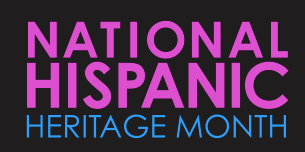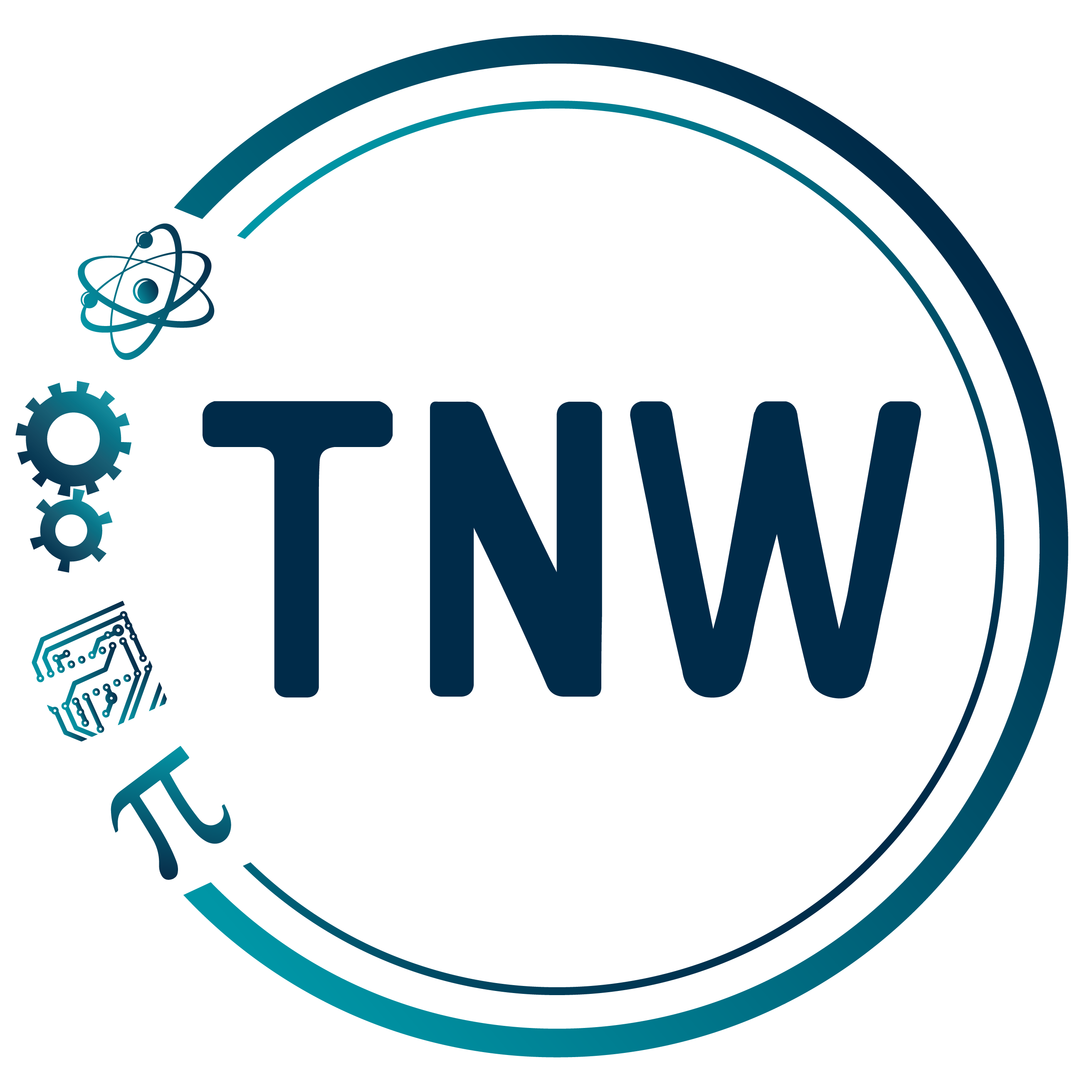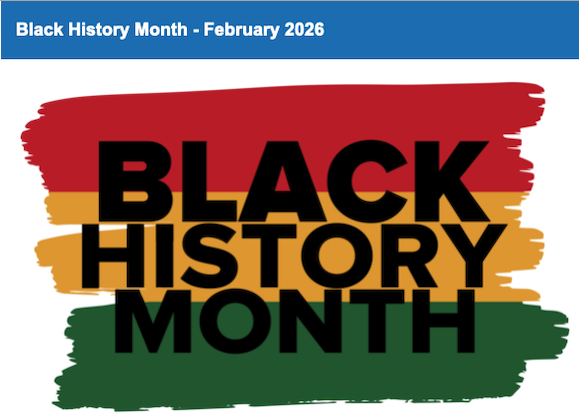
Last Chance to Register for the High School Winter Dance: The dance will be held on January 31 for all students in grades 8-12. The Student Council has been working hard to create an event to help build community and make memories for our students. Join us! There will be food, good music, and great fun. Click here to hold your spot and purchase tickets!

This is TEACH-NW's first school dance and the Student Council has been hard at work planning a truly fun evening that celebrates our students and builds community as a student body. We hope you can join us! There will be lots of good food, a photo booth, games and a song request sheet where you can suggest music!
Register now using the QR code below! Guests are welcome - just fill out the guest form so we purchase enough food.
Tickets can be purchased using PEX card or credit card through the QR code below. You are also welcome to pay by check at the event. Please no cash.

November is Native American Heritage Month, a time to honor the rich histories, cultures, and contributions of Indigenous peoples. This is an opportunity to center the voices and experiences of the nine federally recognized Tribes in Oregon and Indigenous communities nationwide.
The following resources support year-round instruction that honors the sovereignty, resilience, and ongoing contributions of Native American peoples.
Oregon Resources and Events:
Oregon Historical Society: Explore the Grades 3–5: How have Indigenous peoples and cultures thrived in Oregon since time immemorial to today?Oregon Department of Education: Access Tribal History/Shared History curriculum materials and resources aligned to Oregon's Social Science Standards
Visit local Tribal webpages for education and cultural resources
“Rethinking Thanksgiving” Guide. This resource offers thoughtful ideas and activities for approaching the season with respect and understanding of Indigenous histories and viewpoints.
Portland Book Discussion: The War on Illahee: Genocide, Complicity, and Cover-ups in the Pioneer Northwest
Community Events: Central Oregon, Portland Metro Area
Office of Indian Education Newsletter: Subscribe for newsletters and information on Tribal Consultation
National Resources:
National Museum of the American Indian: Access educational resources, virtual exhibits, and lesson plans featuring diverse Indigenous perspectives
Library of Congress: Explore primary source collections on Native American history, including treaties, photographs, and oral histories
Native Knowledge 360° IDM lesson: The “First Thanksgiving”: How Can We Tell a Better Story?
Crash Course Native American History: A History of Indigenous Women with Lily Gladstone
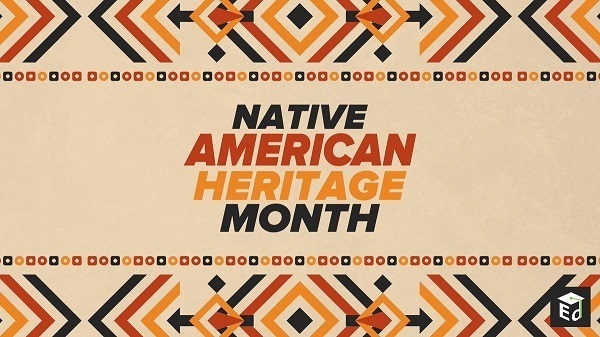
🇺🇸 Honoring Our Veterans — Past and Present
On this Veterans Day, TEACH-NW will proudly pause to honor all veterans—past and present— who have served our country with courage, dedication, and selflessness.
We are deeply grateful for the sacrifices made by the men and women who have worn the uniform, and for the enduring example of service they set for our students and community. Their commitment reminds us of the power of integrity, perseverance, and unity—values we strive to uphold each day in our schools.
Today, we would like to give special recognition to Jim Smith, a long-time Marcola community member and dedicated Marcola School District Board Member. Jim is not only a valued supporter of TEACH-NW but also a veteran with a truly extraordinary personal history. His story serves as an inspiration to all of us—reminding us of the strength that comes from service, community, and heart.
We’re so proud of our REACH Team for connecting with Jim to capture and share a glimpse of his remarkable journey. You can read their feature article here:
👉 Read the REACH article featuring Jim Smith
To all who have served—thank you. Your legacy continues to shape our schools, our community, and our nation.
With gratitude,
TEACH-NW

Oregon SNAP benefits
Worried about recent changes or losing assistance?
Here are resources that can help:
211Info: Dial 2-1-1 or visit the 211Info food webpage for information and referrals to more than 1,500 food resources across Oregon.
Oregon Food Bank: Use the Oregon Food Bank’s Food Finder Map to find over 100 food pantries, free food markets or hot meal programs near you.
Aging and Disability Resource Connection of Oregon (ADRC): Call 855-673-2372 or visit the ADRC food webpage to find local meal programs and food boxes in your area.
Multnomah County: People in the Portland area can find additional resources on the Food Assistance in Multnomah County webpage.

November SNAP Food Benefits May Be Delayed.
If the federal government shutdown continues into November, people who receive SNAP food benefits in Oregon may not receive their November benefits on time. This could affect about 757,000 people, including children, older adults, and working families.
We understand this news may feel stressful. Food benefits are important, and delays are hard. The Oregon Department of Human Services (ODHS) is working to keep people informed and will share updates as soon as more is known.
ODHS will post updates on its website (in English and Spanish), on its official social media, and through partner organizations and the media.
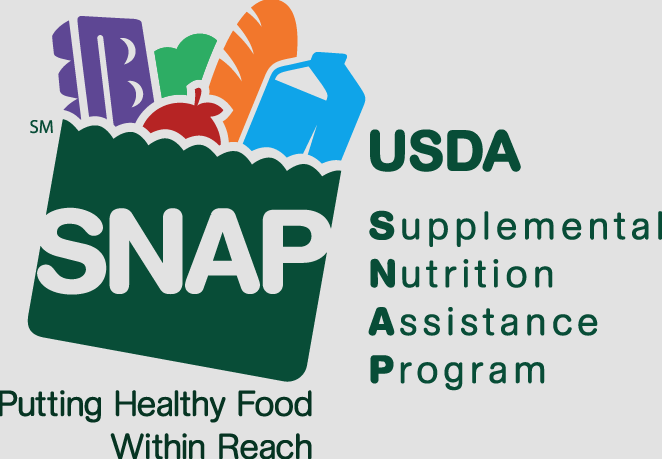
National Hispanic Heritage Month begins on September 15 and ends on October 15 to recognize the achievements and contributions of Hispanic American champions who have inspired others to achieve success. It first started as Hispanic Heritage Week under President Lyndon Johnson and expanded to a full month by President Ronald Reagan in 1988. The dates were chosen because September 15 is the anniversary of independence for the Latin American countries of Costa Rica, El Salvador, Guatemala, Honduras and Nicaragua. In addition, Mexico and Chile celebrate their independence days on September 16 and September 18, respectively.
Heritage months are a good reminder for the teaching of a more inclusive curriculum, but there is no reason to limit the inclusion to a single month. These resources can be explored and utilized throughout the year:
Oregon Historical Society: New lesson plans and resources with primary documents fully aligned to Oregon's 2024 Social Science Standards.
New! Secondary Latine History in Oregon Lesson Plans
Elementary Latino and Native History Lesson Plans Analyzing Primary Sources
The Library of Congress: Provides curated Library of Congress resources for researching Latinx Studies, including digitized primary source materials on Mexican American migration and communities
Latinx Studies: Library of Congress Resources
Mexican American Migrations and Communities
The Smithsonian Institute: Access to virtual museum exhibits and primary documents exploring Latino history and Hispanic Heritage month.
¡Presente!: A Latino History of the United States
Resources recommended by the National Museum of the American LatinoEDSITEment
Learning Lab Collection: American Immigrant Experiences
Oregon Open Learning: Explore Oregon Open Learning for hundreds of lessons and resources. including a collection on Latino and Hispanic history.
Hispanic/Latino Resources
Hispanic Electorate Information: Civics learning on voting often includes an analysis of voting patterns. Resources providing statistical analysis from recent elections.
Unidosus
Hispanic Federation
PEW Research Center
